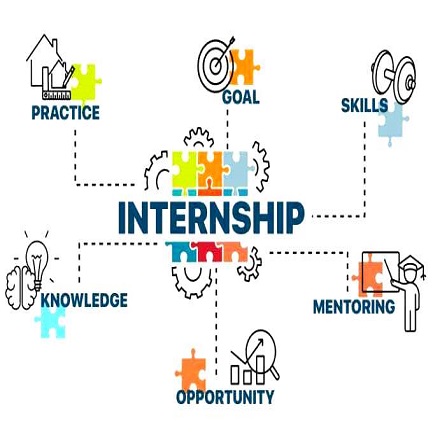Introduction
Financial technology, commonly known as fintech, has revolutionized the way we oversee our finances. It encompasses a wide range of technological innovations that aim to improve and automate the delivery and use of financial services. From banking and payments to personal financial management and lending, fintech has transformed various financial industry sectors. In this comprehensive guide, we will explore the different types of fintech, their impact on the financial services landscape, and the exciting opportunities they present.
The Evolution of Fintech
Fintech has come a long way since its emergence in the 21st century. Initially, it was primarily used by established financial institutions to enhance their backend systems. However, there has been a significant shift towards consumer-oriented services in recent years. Fintech now encompasses various sectors, including education, retail banking, fundraising, nonprofit organizations, and investment management. While cryptocurrencies such as Bitcoin often dominate the headlines, the traditional global banking industry still holds the bulk of the market capitalization in the fintech space.
Types of Fintech
Fintech covers a wide run of utilize cases in numerous markets such as business-to-business (B2B), business-to-business (B2C), and peer-to-peer (P2P).
Let's explore some of the major types of fintech and their impact on the financial services industry.
Banking Innovations
Banking services have been significantly disrupted by fintech. Traditional processes, such as account opening and funding, have been streamlined and made more efficient through technological advancements. For example, Plaid's Auth and Identity solutions have simplified account authentication and reduced fraudulent sign-ups. Neobanks like Current have emerged, offering flexible personal checking accounts, faster direct deposits, and innovative banking products for young people without traditional fees.
The Rise of Cashless Payments
Cashless payments have witnessed a remarkable surge, especially in light of the COVID-19 pandemic. Payment apps and services have become increasingly popular, with consumers opting for direct bank transfers instead of credit cards for their transactions. Plaid, for instance, enables instant connections between bank accounts and apps or services, facilitating seamless digital payments. In the B2B space, platforms like Wave help companies pay bills, manage bookkeeping, and process payroll digitally.
Personal Financial Management (PFM)
PFM apps have gained popularity as they help users consolidate financial information from multiple accounts into a single dashboard. These apps make it easier for individuals to manage their finances, budget effectively, and gain a better understanding of their money. Dave, Brigit, and Astra are examples of PFM apps that empower users to take control of their financial well-being.
Transforming Wealth Management
Fintech innovations have also impacted the wealth management industry, enabling financial advisors and platforms to deliver more holistic financial advice. Atom Finance, for instance, offers a suite of products and features that help users research and track their investments in one place. Stash provides an affordable subscription platform that grants customers access to investment opportunities, education, and financial advice.
Revolutionizing Lending
Lending has been a complex process, often burdened by lengthy paperwork and delays in gathering applicants' financial information. Fintech has simplified this process, allowing lenders to access user-permissions bank, payroll, and other relevant data swiftly and securely. Plaid streamlines the loan process by verifying borrowers' identity, assets, employment, and income, as well as authenticating their accounts and providing real-time balance checks and verification of financial obligations.
The Emergence of Embedded Finance
Integrated finance refers to the seamless integration of financial services into non-financial products and services. Companies like Shopify are offering business checking accounts for their users, enabling faster payments and better business management. This integration of financial services into non-financial products is expected to grow rapidly, generating significant revenue by 2025.
How to Get Started in Fintech
If you are interested in pursuing a career in fintech, it is crucial to develop the necessary skills and knowledge. A strong background in computer science, programming, mathematics, and data science is essential, along with a solid understanding of the financial market and financial instruments. The CFA (Chartered Financial Analyst) Program incorporates fintech topics into its curriculum, providing a comprehensive understanding of the intersection between finance and technology.
The Future of Fintech
Fintech continues to evolve rapidly, presenting exciting opportunities for innovation and disruption in the financial services industry. Advancements in artificial intelligence (AI), machine learning, blockchain, and big data analytics are set to revolutionize various aspects of fintech. As the industry grows, it is crucial for financial firms and practitioners to adapt and leverage the benefits of both human expertise and artificial intelligence to meet customer needs effectively.
Conclusion
In conclusion, fintech has transformed the financial services industry, offering innovative solutions across banking, payments, personal financial management, wealth management, lending, and embedded finance. As technology continues to advance, the future of fintech looks promising, with endless possibilities for enhancing financial inclusion, improving operational efficiency, and delivering personalized and accessible financial services to individuals and businesses alike. Stay tuned as the fintech revolution continues to unfold before our eyes.




















 website development.png)












0 Comments
No comment